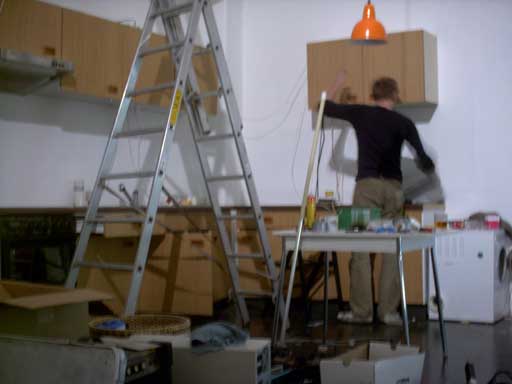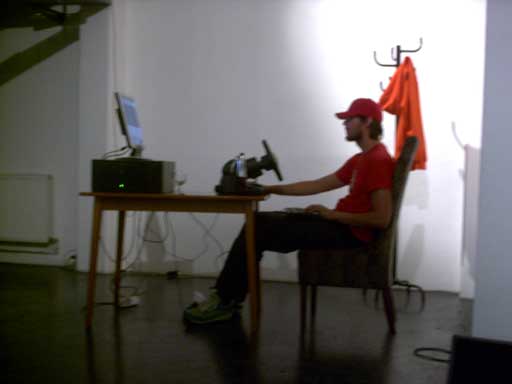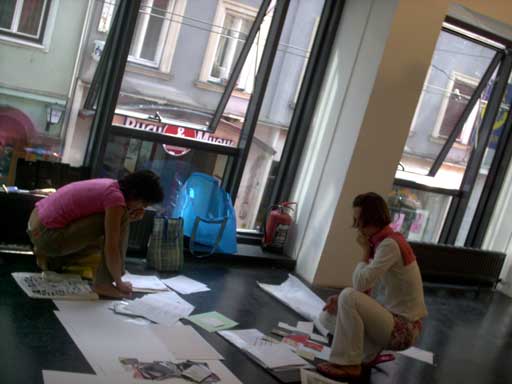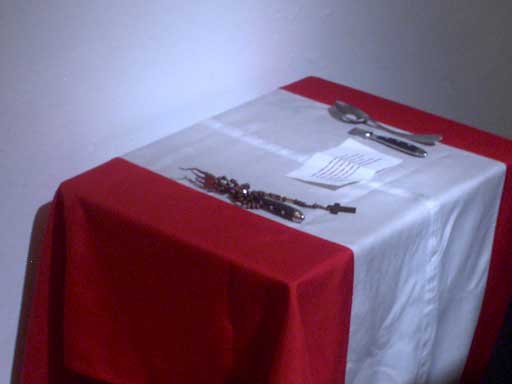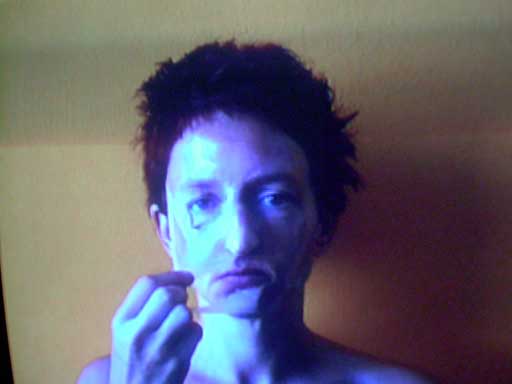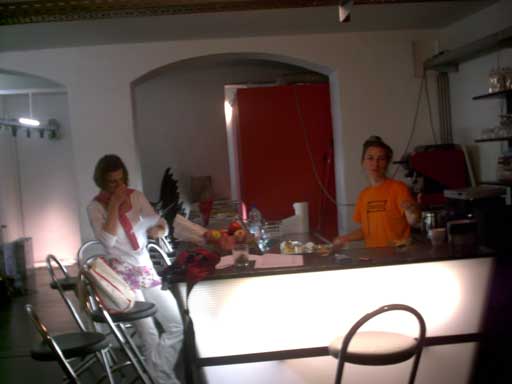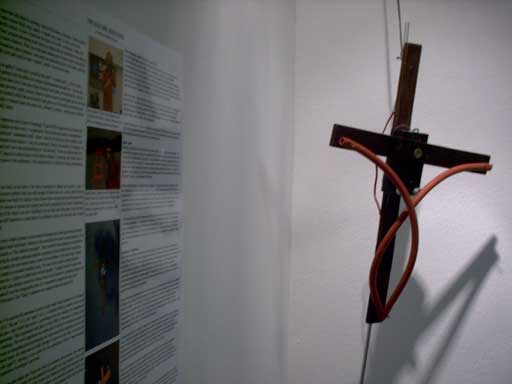International exchange project Intermediate Spaces (Zwischenraume / Vmesni prostori) was a direct human link between Ljubljana (Slovenija) and (Austria) - a co-production of Trivia (Ljubljana) in ESC gallery (Graz) with co-production of Kapelica gallery - performed in 2006.
The artists' exchange, a week-long gathering in the two places, was a participation of about ten visiting artists, each presenting one or more projects, and at least the same number of home artists, that added their presentations to intensify artistic and social events.
For introduction to the project's background check the menu links on the right.
The
scheduler shows the structure. It is necessary to keep the structure open.
Intermediate Spaces were included into the program of
Steirischer Herbst 2006 (Graz, 23rd Sept -12th Oct) and was financed with 5.000 EUR.
Ministry of Culture of Slovenia granted the project with around 3500 EUR (400.000 SIT + 300.000 SIT).
City of Ljubljana, Department for Culture, granted it with around 1500 EUR (400.000).
This basically means around 5.000 EUR per location, that were used according to the principles
described here.
Intermediate space is defined as that space that we share, but do not own. It is such space that we create in collaboration, but retain our own individualities and our own expression. It is about the space of collaboration and not confrontation. The basis of success is in balanced exchange of roles - of listening and of telling. Telling is also expressing in artistic languages. We must add / enter into common space, fill it, but not overtake it.
Intermediate spaces are also described as self-organized, and especially open-code. The principle of open-code creation means having a possibility of an insight, a second thought and the change of code (rules, laws) in some specific area, when an individual or a community realizes that the previous solution (truth) does not suffice or function.
Participants:
Reni Hofmueller, Jogi Hofmueller, Miriam Raggam, Divanova 06, Nicole Pruckermayr, IOhannes Zmoelnig, Renate Mihatsch, Seppo Gruendler, Rupert Lehofer, IEFS - Maki Stolberg & Ursula Kiesling, Fraenk Zimmer, Maru & CHMAFU Nochords, Karl Stocker, tonto music and comic label, Borut Savski, Marija Mojca Pungerčar, Stefan Doepner / f18institut, Luka Prinčič, Matjaž Manček, Boštjan Leskovšek, Neuropol Chiron Morpheus, Dunja Kukovec, Keka Ćalić, Milena Kosec, Nada Žgank, Irena Tomažin, Neven Korda, Jure Dimec.

